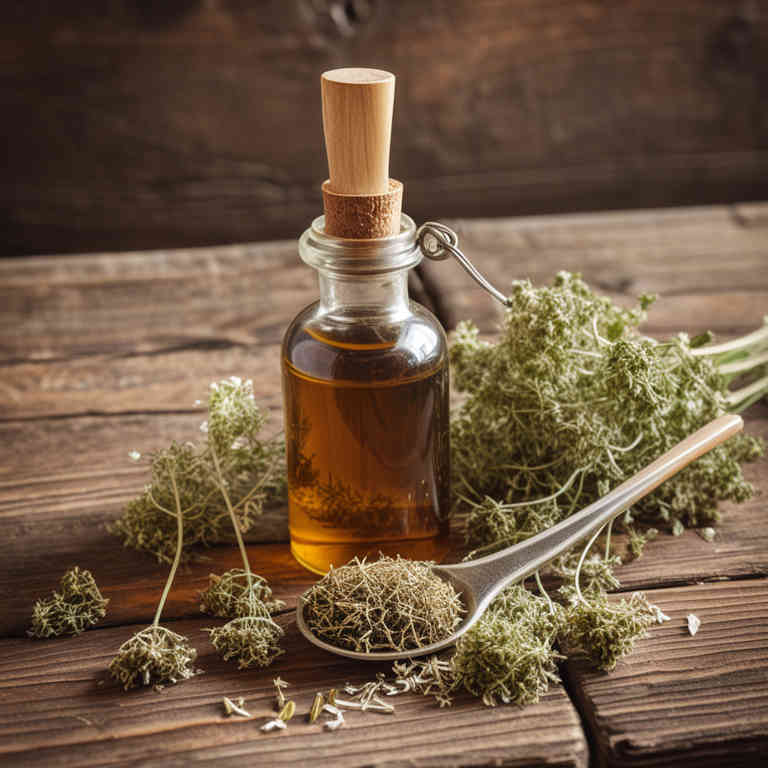Pimpinella anisum tincture for medicinal use

Pimpinella anisum tincture is a concentrated herbal preparation made from the crushed seeds of the anise plant.
It is commonly used in herbalism for its expectorant, carminative, and antispasmodic properties. This tincture is often employed to alleviate respiratory conditions such as coughs and bronchitis by helping to loosen mucus and soothe irritated airways. It may also be used to relieve digestive discomfort and reduce intestinal gas.
Due to its potent nature, it is typically diluted before use and should be taken under the guidance of a qualified herbalist or healthcare provider.
Uses
Pimpinella anisum tincture has been used to treat digestive issues, respiratory conditions, and as a mild sedative for centuries.
Historically, it was valued in ancient Egypt and Greece for its ability to ease gas, soothe coughs, and promote relaxation. Traditional herbal medicine systems, such as Ayurveda and Chinese medicine, have long incorporated anise for its warming properties and aromatic qualities. In modern times, the tincture is still used for its carminative and expectorant effects, often in natural remedies for indigestion and bronchial congestion.
Its continued use highlights its enduring role in both traditional and contemporary herbal practices.
Benefits
Pimpinella anisum tincture has health benefits such as aiding digestion, relieving respiratory issues, and reducing inflammation.
It is commonly used to alleviate symptoms of indigestion, bloating, and gas due to its carminative properties. The tincture may also help soothe coughs and bronchial congestion because of its expectorant effects. It contains compounds like anethol and estragole, which contribute to its medicinal properties.
Additionally, it may support the immune system and help with menstrual discomfort due to its antispasmodic qualities.
Constituents
Pimpinella anisum tincture active constituents include anethole, estragole, and essential oils, which contribute to its aromatic and therapeutic properties.
These compounds are known for their potential anti-inflammatory, antispasmodic, and carminative effects. Anethole, in particular, is responsible for the tincture's licorice-like flavor and may support digestive health by relieving gas and bloating. Estragole adds to the tincture's ability to soothe the gastrointestinal tract and may aid in reducing nausea.
Overall, these active constituents make Pimpinella anisum tincture a valuable preparation for supporting digestive wellness and promoting respiratory comfort.
Preparation
To make Pimpinella anisum tincture, first gather fresh or dried anise seeds and ensure they are clean and free from impurities.
Place the seeds in a glass jar and cover them completely with high-proof alcohol, such as vodka or grain alcohol, making sure the seeds are submerged. Seal the jar tightly and store it in a dark, cool place, shaking it gently every few days to promote extraction. Allow the tincture to steep for at least four weeks, after which it can be strained through a fine mesh or cheesecloth to remove the seeds.
The resulting tincture can be used topically or internally as needed, following recommended dosage guidelines.
Side Effects
Pimpinella anisum tincture may lead to gastrointestinal discomfort, including nausea, vomiting, and diarrhea, due to its high concentration of essential oils.
It can also cause allergic reactions in individuals sensitive to anise or related plants, manifesting as skin rashes, itching, or respiratory symptoms. Prolonged use or high doses may result in liver toxicity, as some essential oils are metabolized by the liver and can be harmful in excess. Additionally, it may interact with certain medications, particularly those affecting the central nervous system or liver function.
It is important to consult a healthcare professional before using this tincture, especially for prolonged periods or in combination with other treatments.